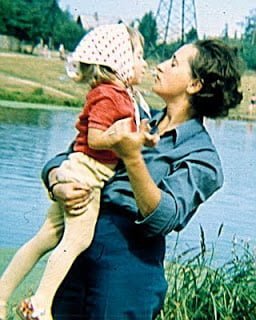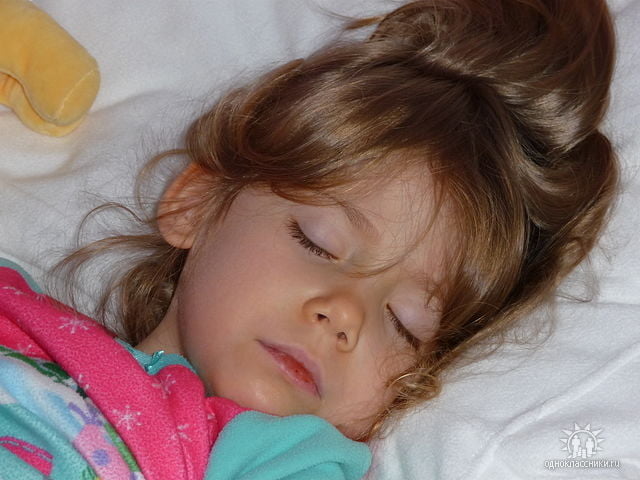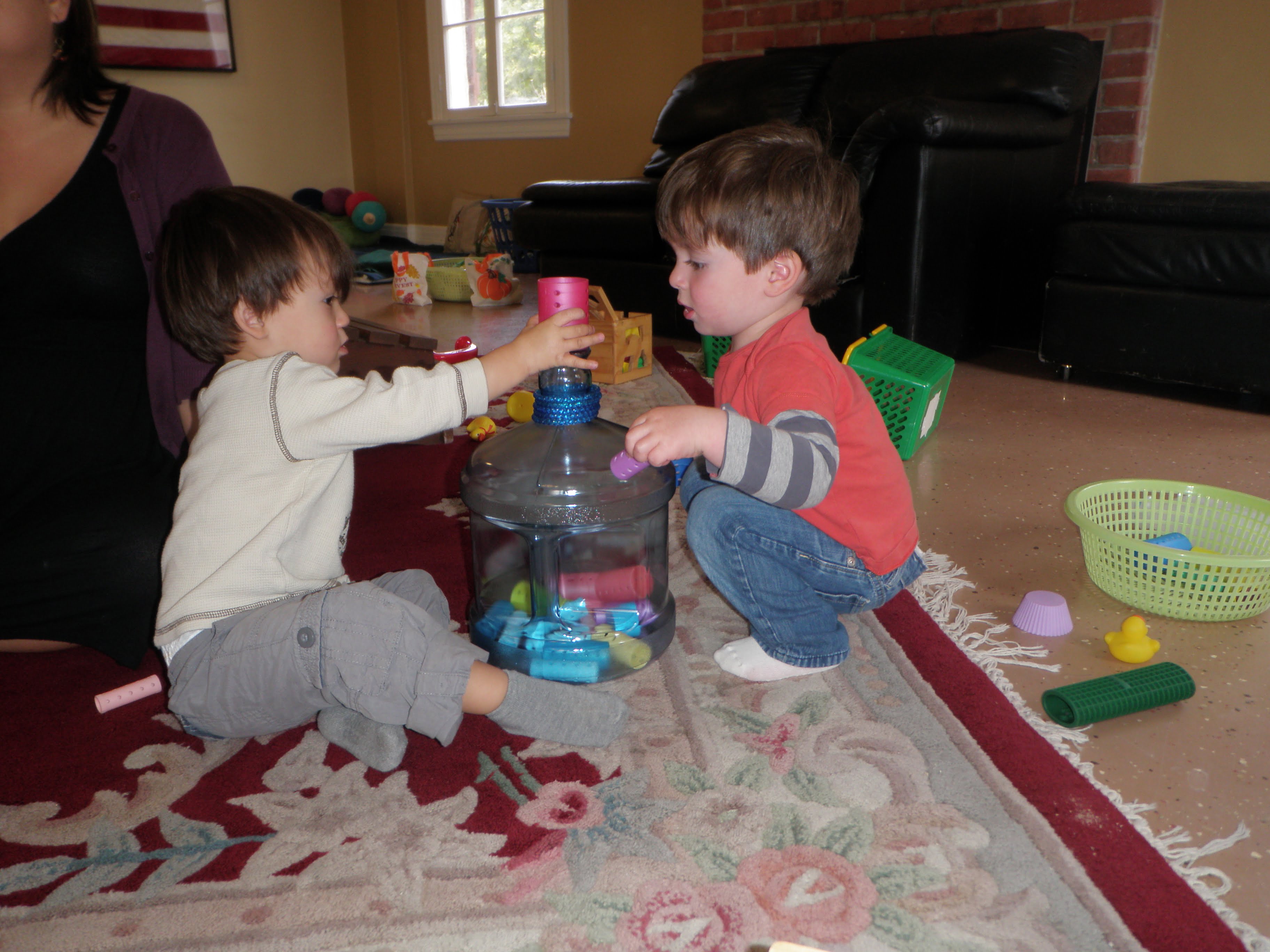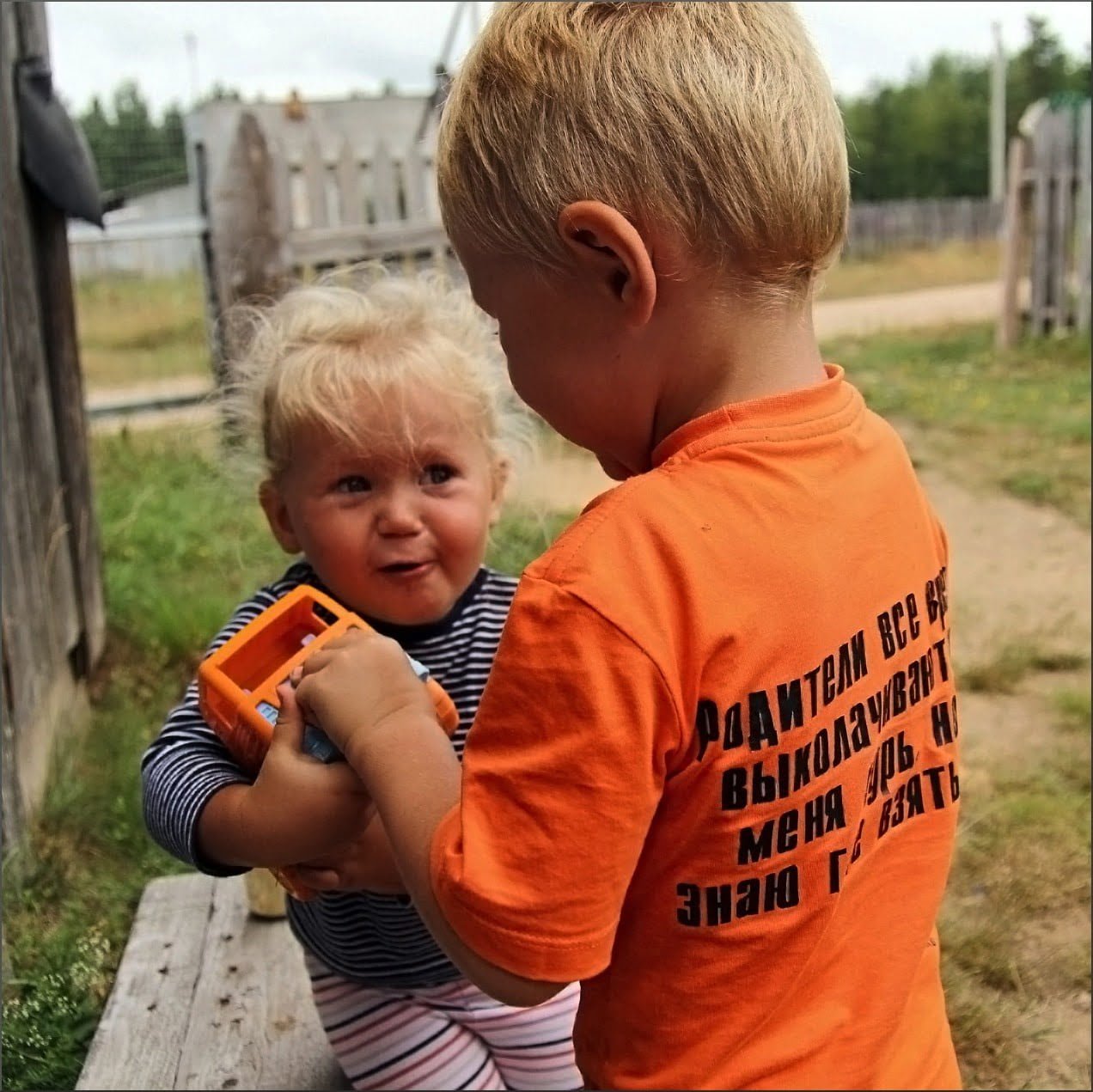Have you ever wondered if conflicts are good or bad?
We often witness our children getting into conflicts, and for many of us instinct is to avoid them. But should we? This has always been a topic of debate in my mind.
I knew for certain that the interests of two people intersect because they have their own opinions and thoughts, so conflicts happen all the time. Nowadays, I’ve come to the conclusion that conflicts are a necessary part of human life and child development. I’ve decided that they can be a good thing.
Phew! Problem solved, right?
Wrong. It turns out, it wasn’t easy for me to accept this and put it into action. I was so used to avoiding conflicts that it took a lot of effort to change my thoughts and actions.
My new motto is: “Every conflict is a door to new opportunities and ideas.”
Do we have to resolve conflicts fairly? What’s fair for an adult? What’s fair for a child? These questions raced through my mind one day while I was playing with a group of four-year-old children in the yard.
Today’s Story:
Casey and Lu were playing in the sandbox together. Lu turned to Teacher Kira and said, “Casey took my pin!” Casey overheard this statement and noticed Teacher Kira approaching. Quickly, he looked at Lu and scampered up the climbing structure. From the top, Casey tossed the pin into the rubber pellets under the swings.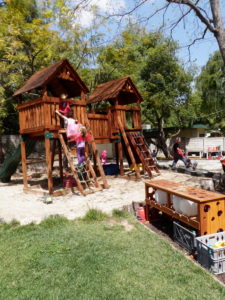
Teacher Kira’s heart skipped a beat. She wondered, “Will we ever find this pin again? Will Lu be upset, and how will this affect their relationship?”
Lu said, “I saw where it landed. I’ll go get it.” Lu retrieved the pin.
Casey climbed down and approached Lu. Lu began to explain, “Look, Casey, this pin has two pieces that fit together like this…”
Casey snatched the smaller piece from Lu’s hands and swiftly tucked it into his pocket. Teacher Kira contemplated whether to intervene and help Lu regain his pin or observe further. Then, Lu said, “I wonder if Casey will give it back to me.” This composed question hinted to Teacher Kira that she could wait and not intervene just yet. Lu made a gentle attempt to retrieve his pin by reaching towards Casey’s pocket, but Casey tossed it into the rubber pellets again.
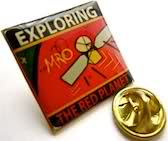 Teacher Kira thought, “This time, the pin is surely lost.” However, Lu managed to find it and picked it up. Lu suggested, “Maybe I should keep my pin in this wooden box. It might be safer there.” So, Lu placed his pin in the wooden box.
Teacher Kira thought, “This time, the pin is surely lost.” However, Lu managed to find it and picked it up. Lu suggested, “Maybe I should keep my pin in this wooden box. It might be safer there.” So, Lu placed his pin in the wooden box.
Casey changed his mind about taking the pin from Lu. Casey and Lu decided to play on the climbing structure. The conflict was resolved without Teacher Kira’s intervention.
In Conclusion:
If the adult had taken the pin from Casey and given it to Lu, would Lu have learned how to protect himself? Would he have gained self-confidence? Would Casey have learned not to take someone else’s belongings? These are questions we consider when guiding our children.
How much should we intervene? Should we avoid imposing our adult perspective on the child? It’s always a challenge to decide if and when we should intervene and how to strike a balance between helping children safely resolve conflicts and allowing them to problem-solve on their own.
Photo credit (boy in green): Elena Ivanova
Let me know if you need more information about RIE® Parent-Infant Guidance™ Classes.
Wishing you all the best in this difficult yet exciting journey of parenting!
Warmly,
Teacher Kira


